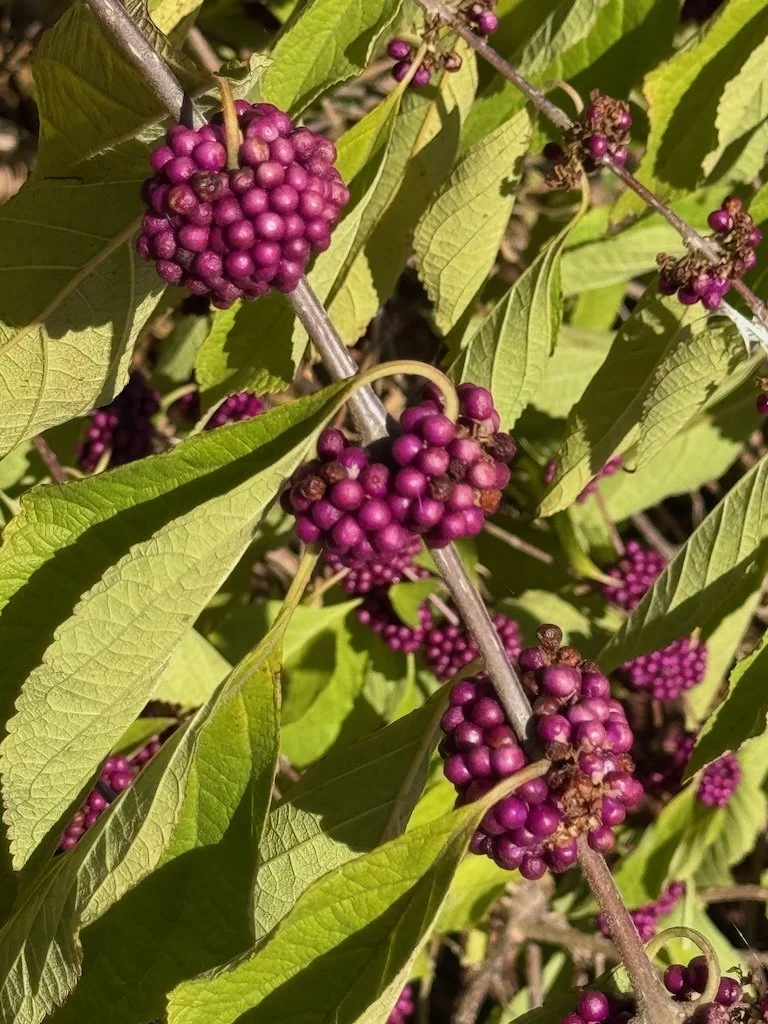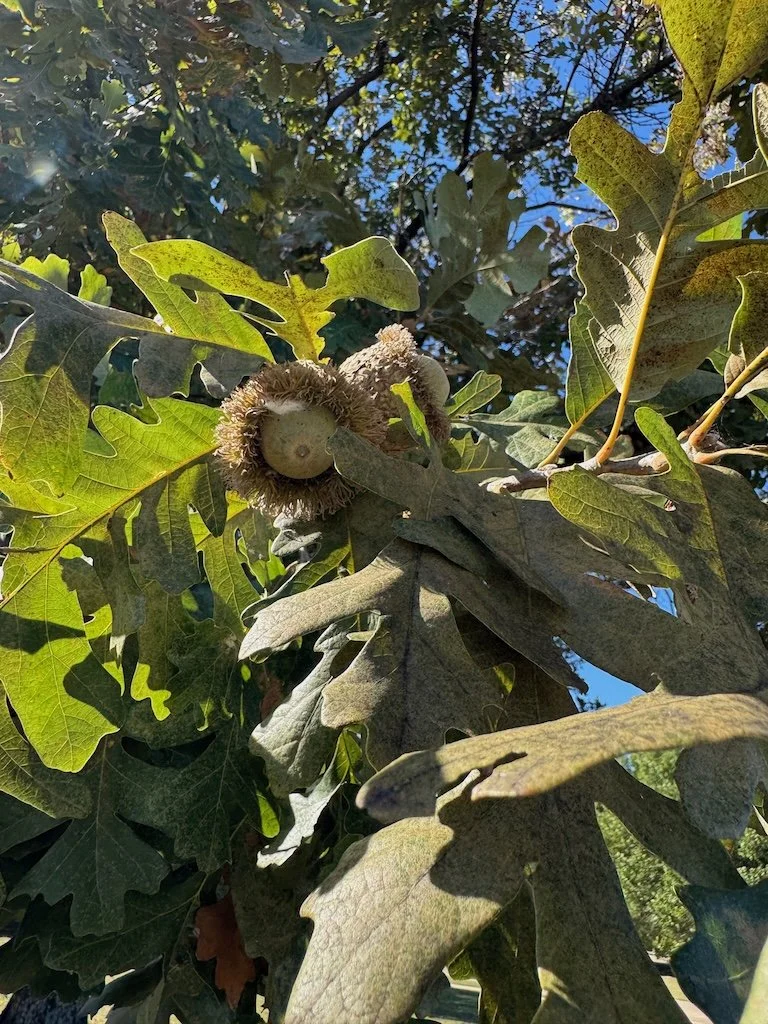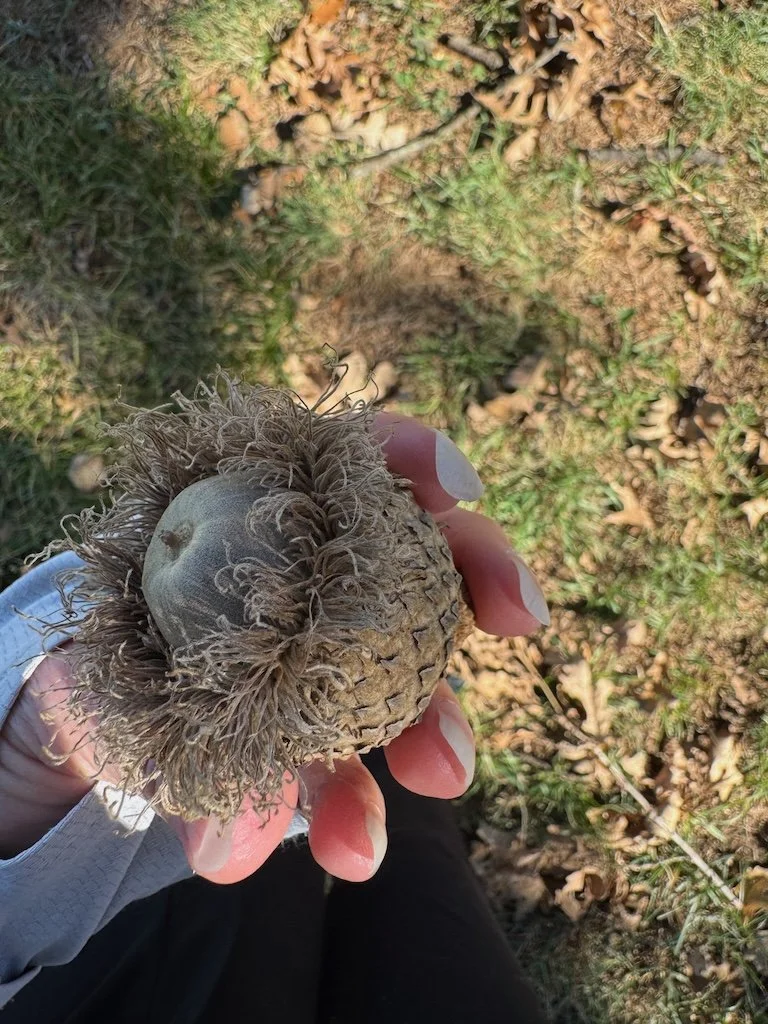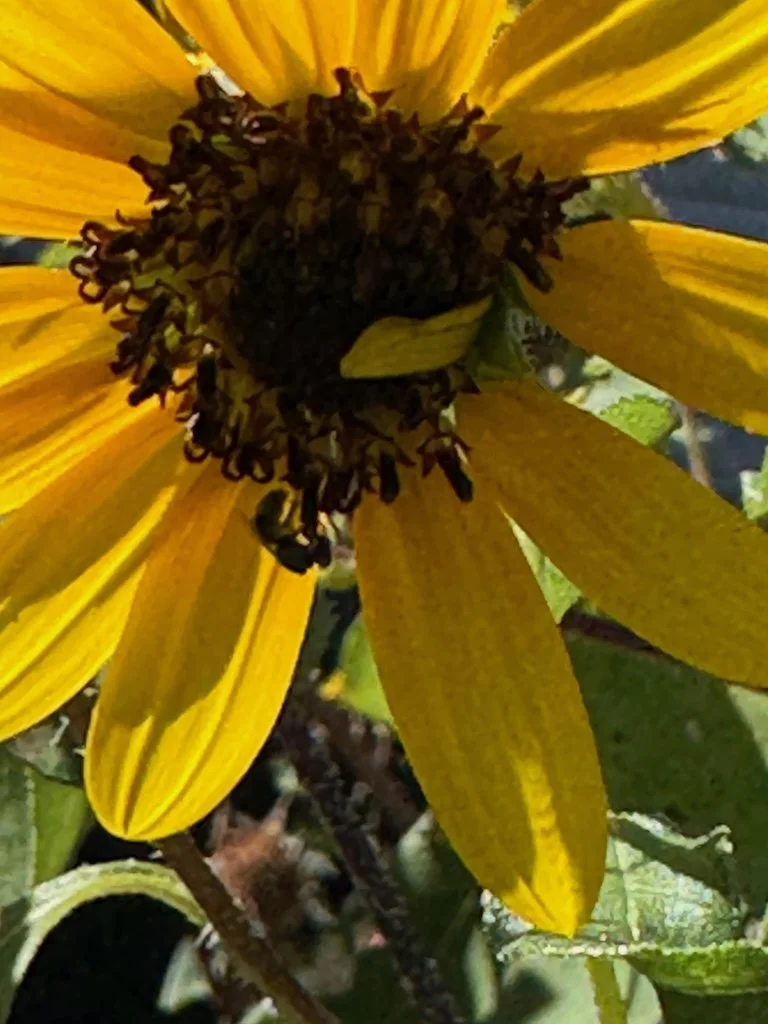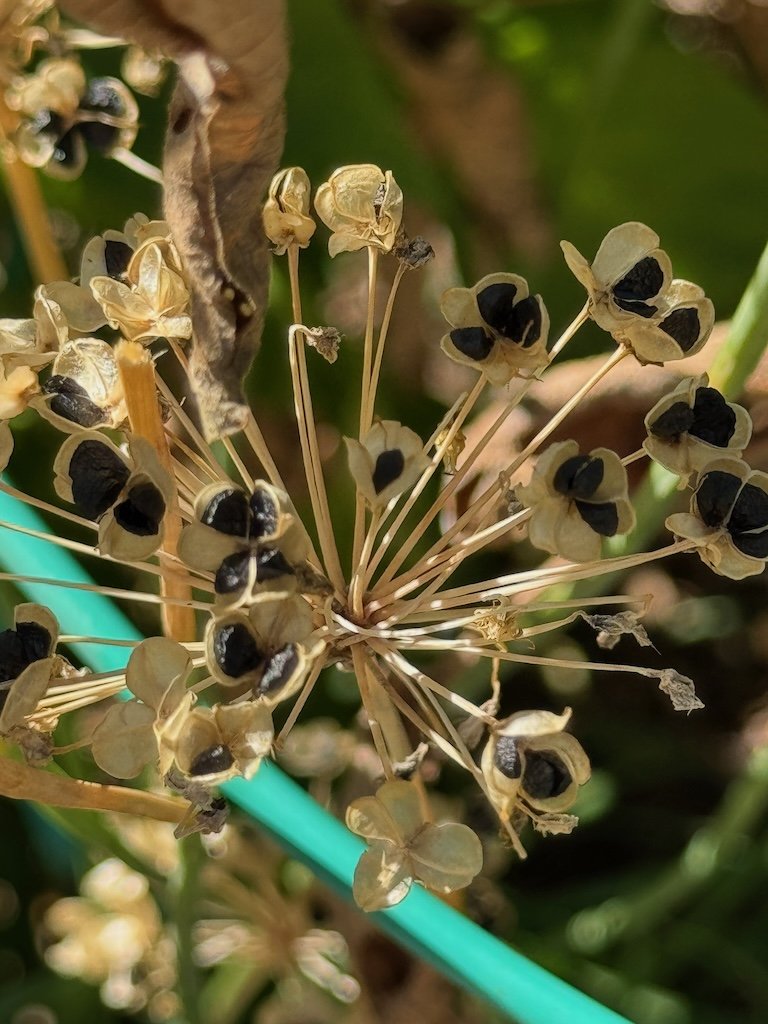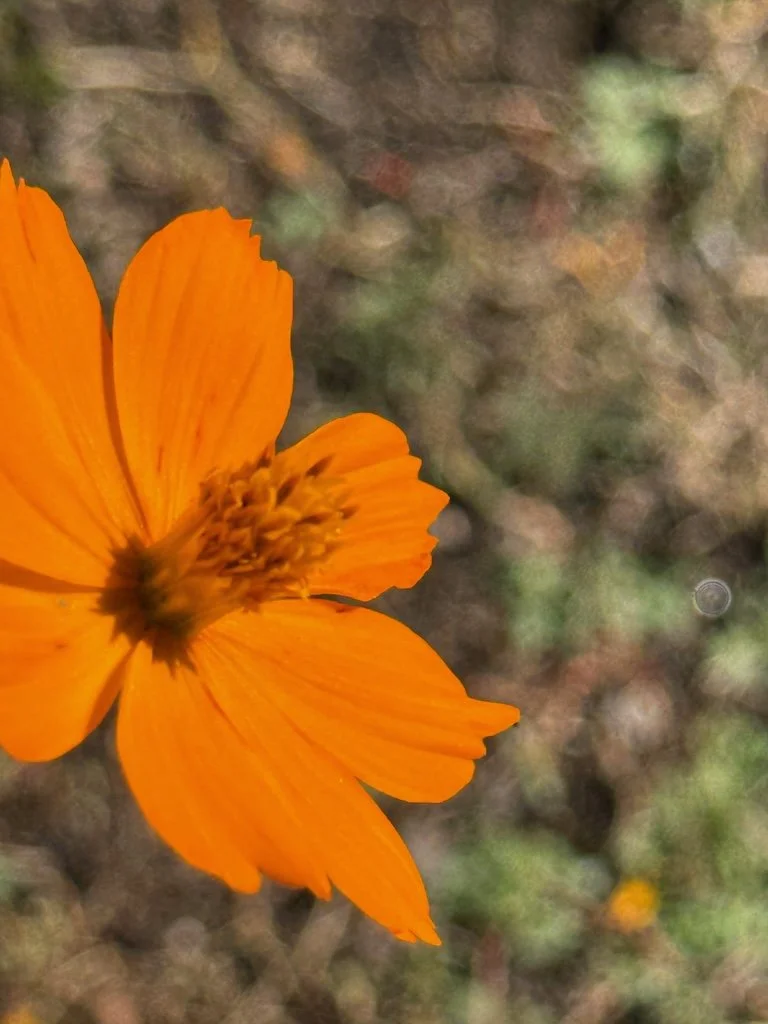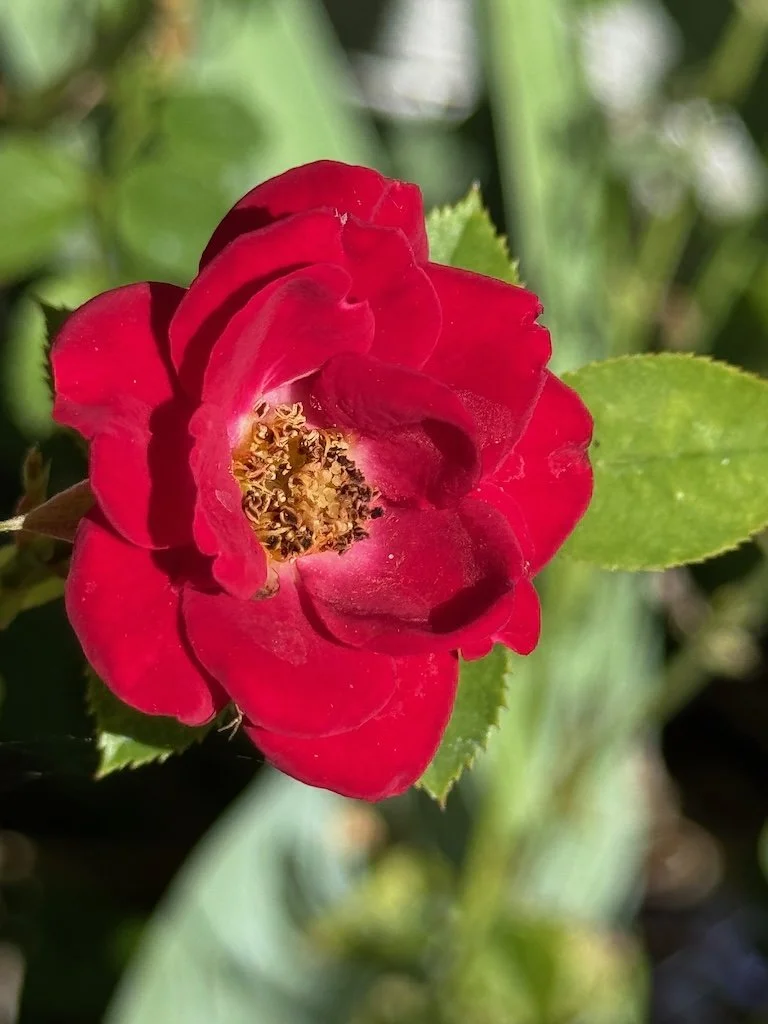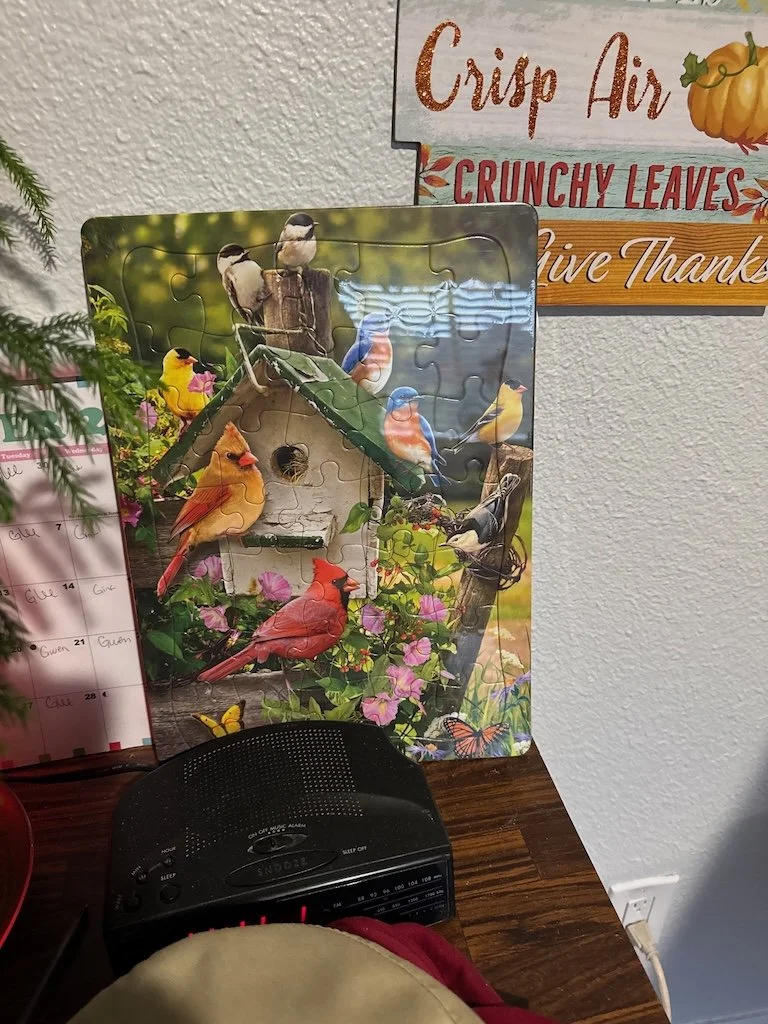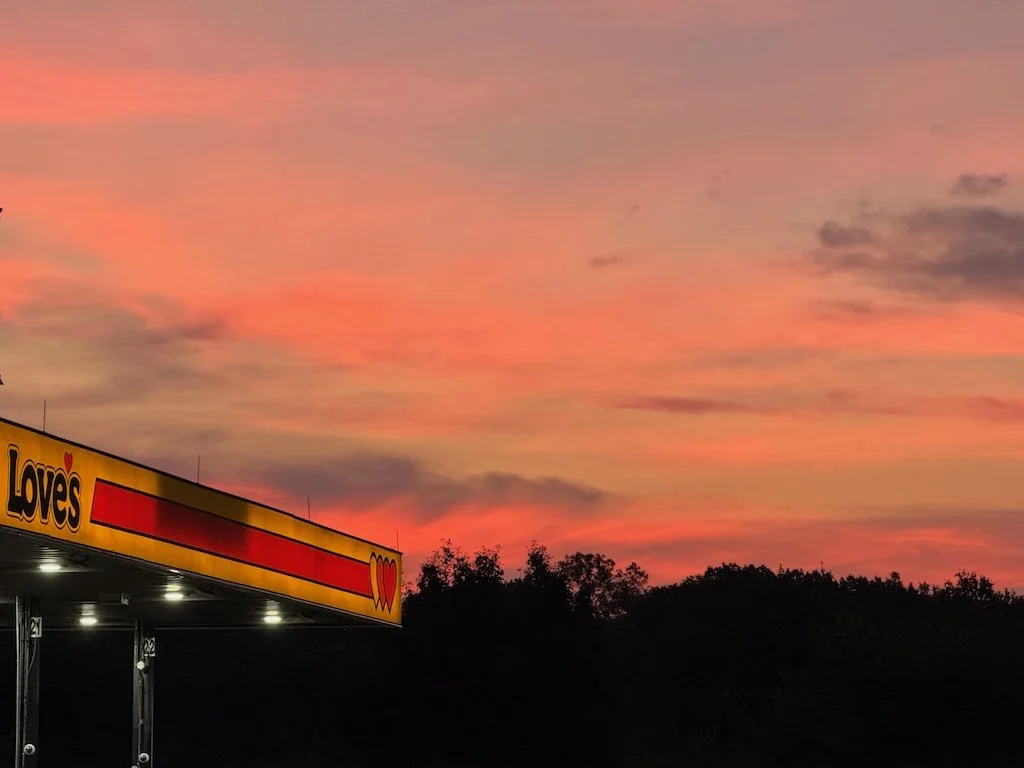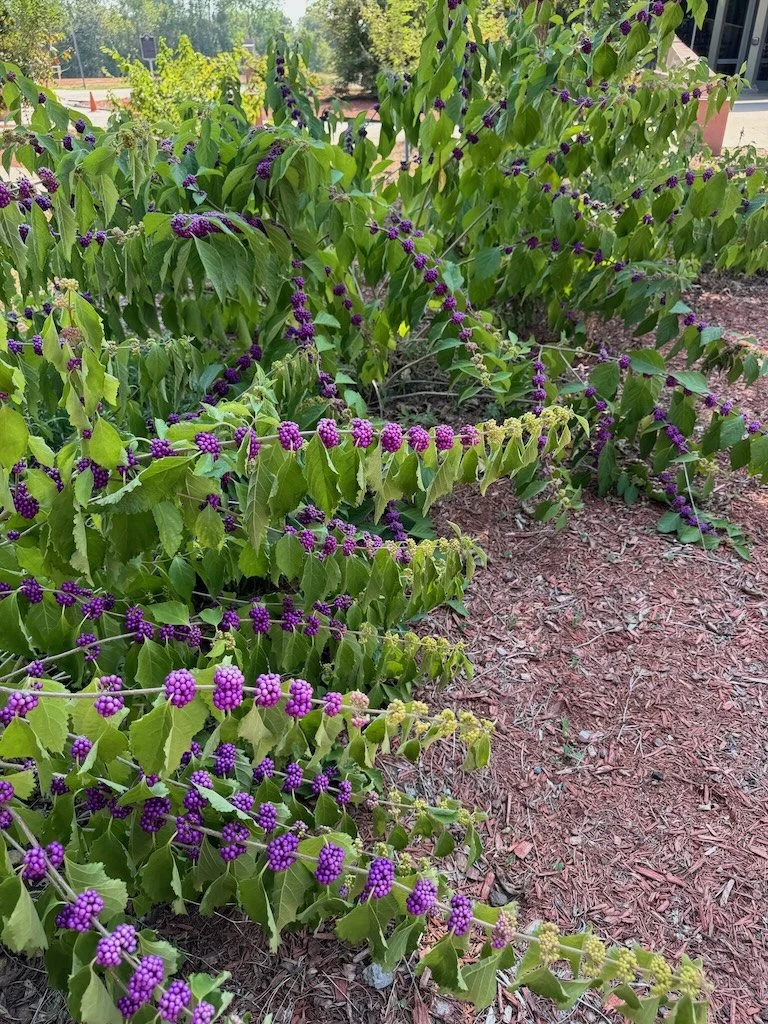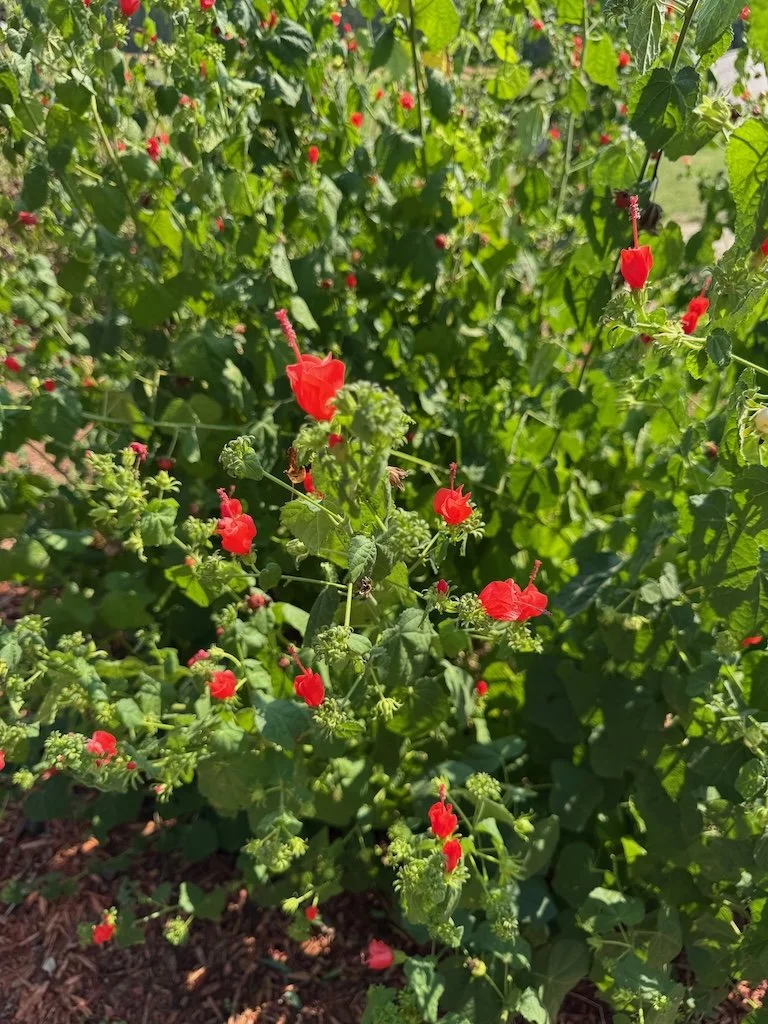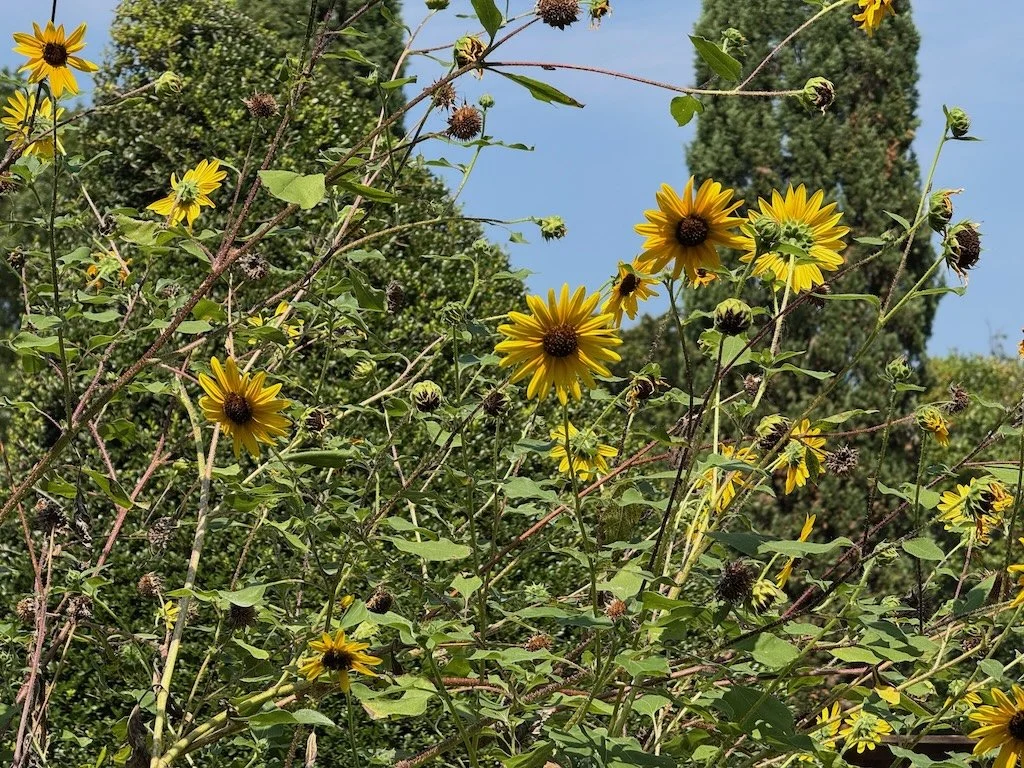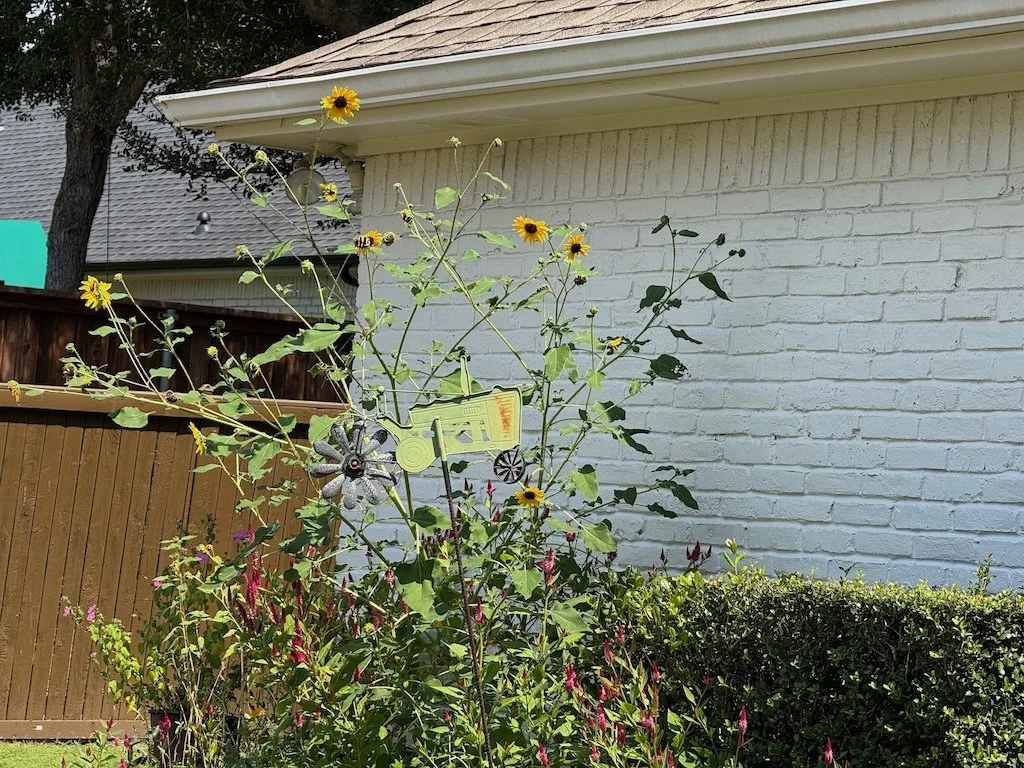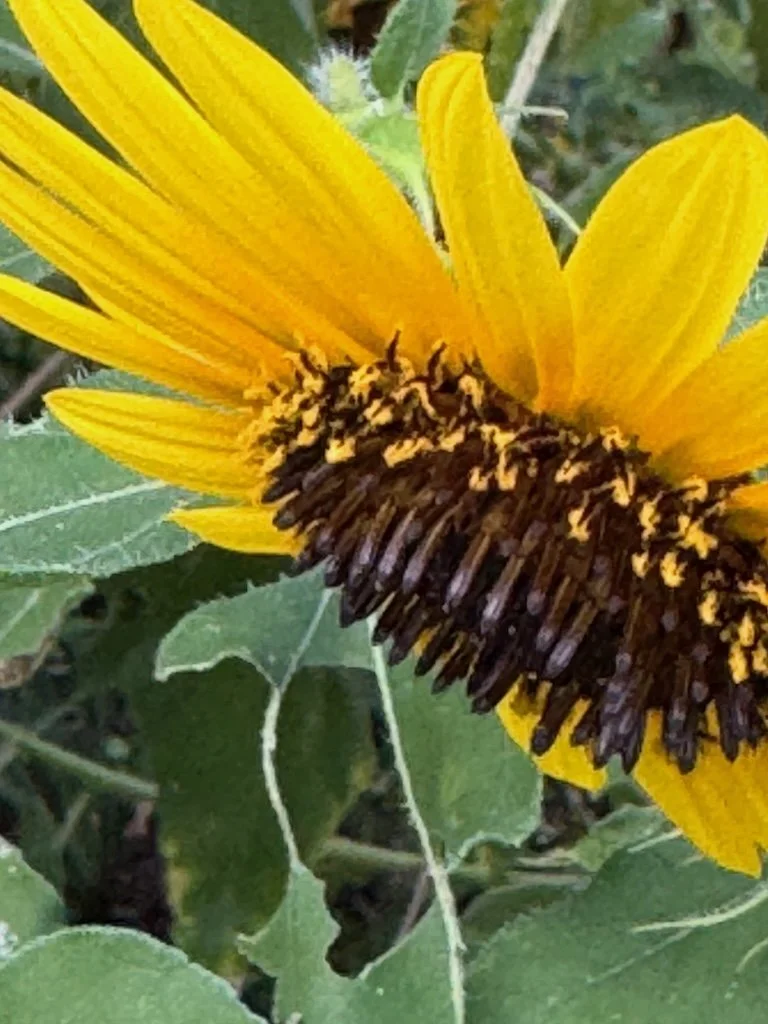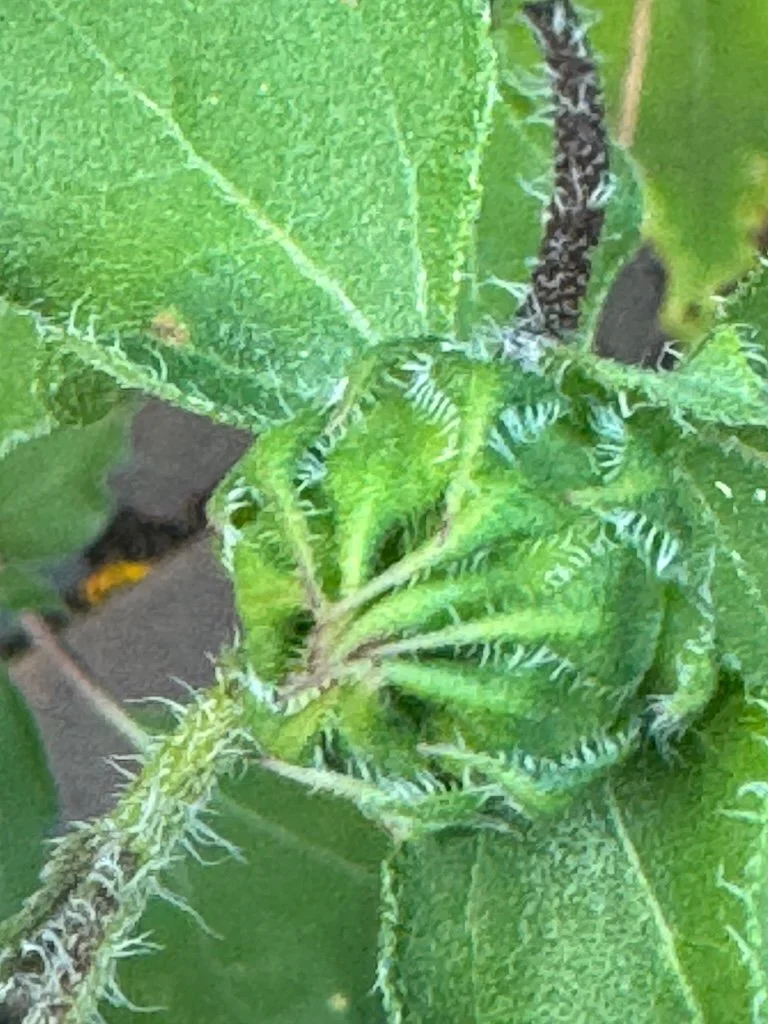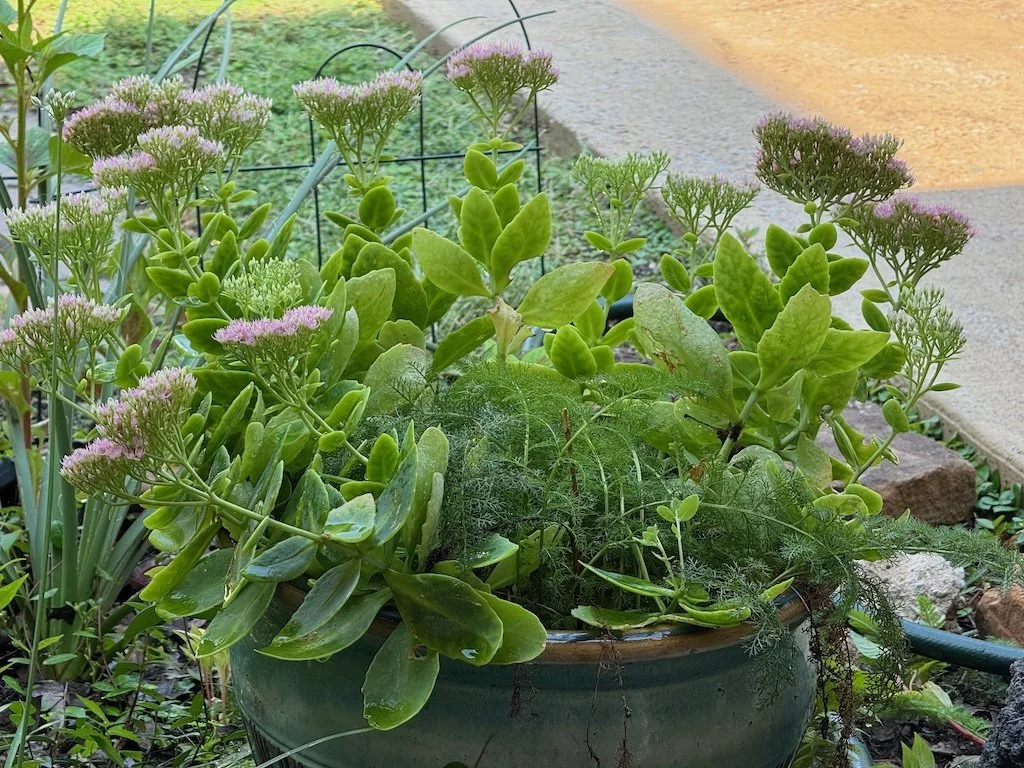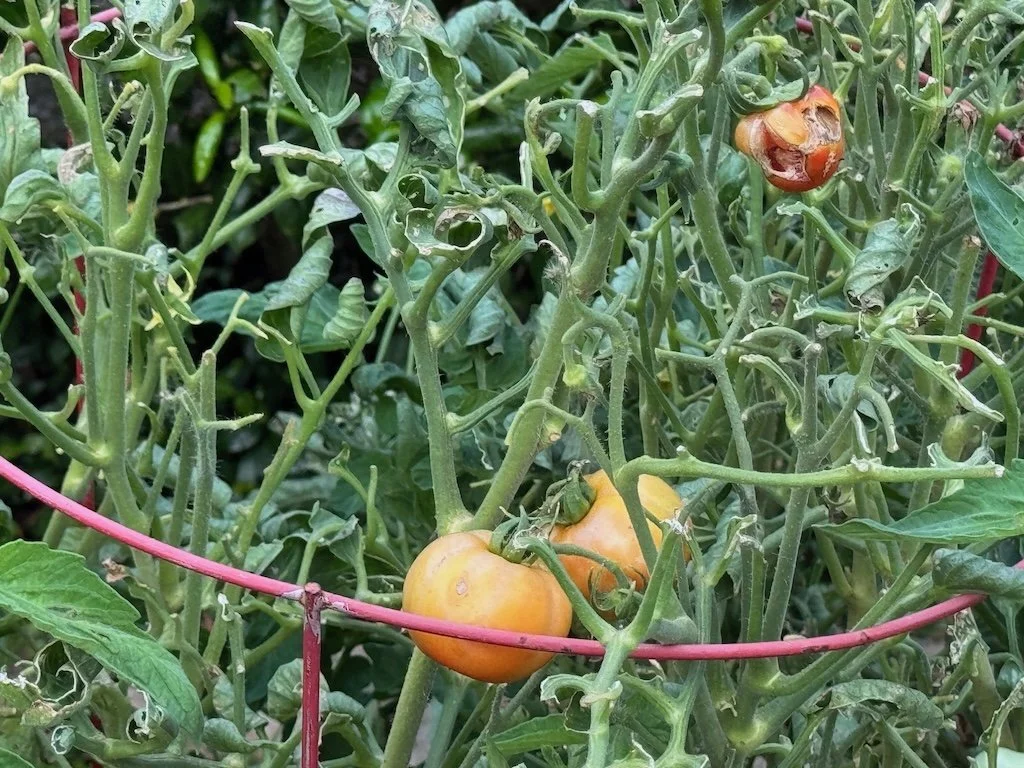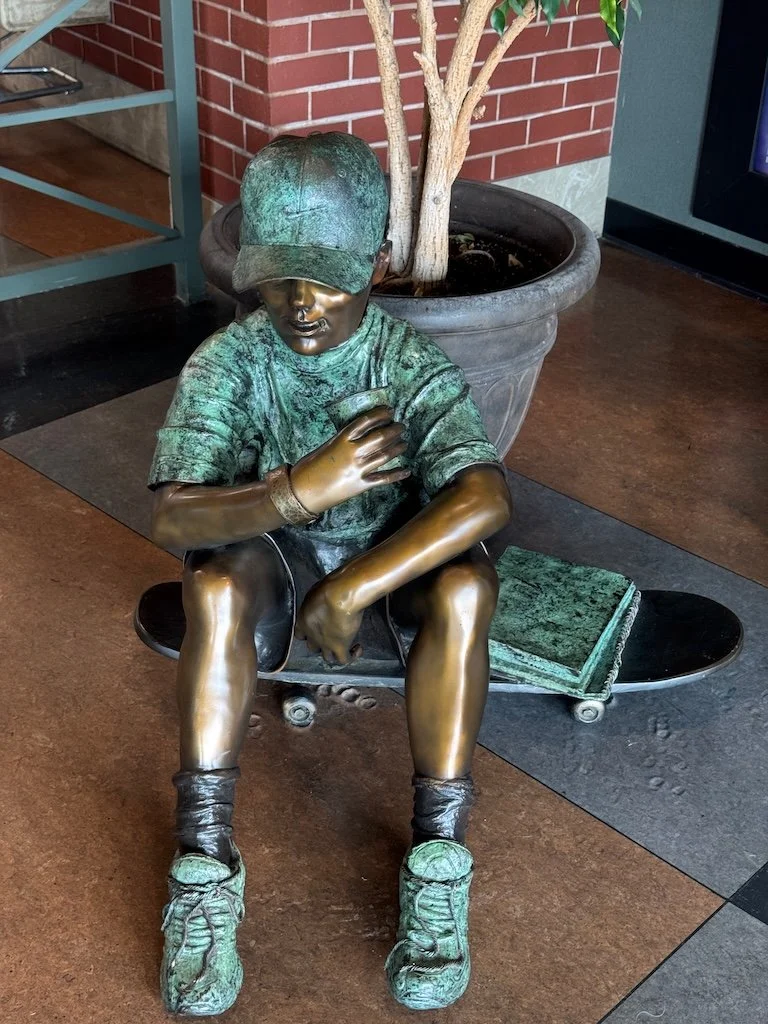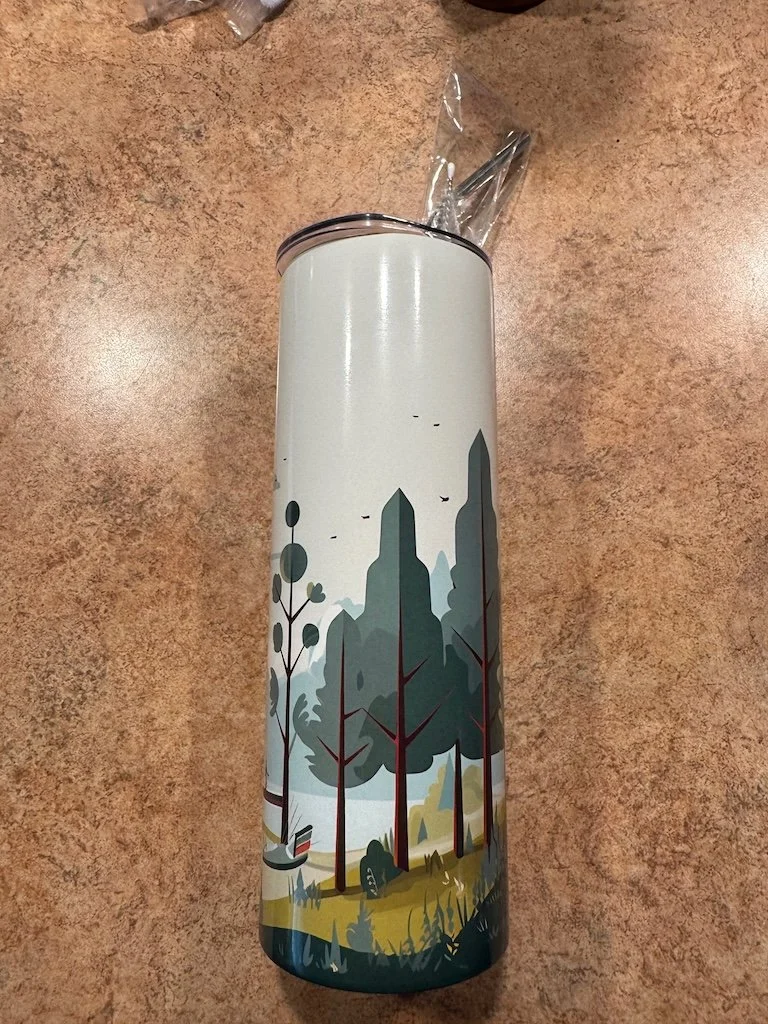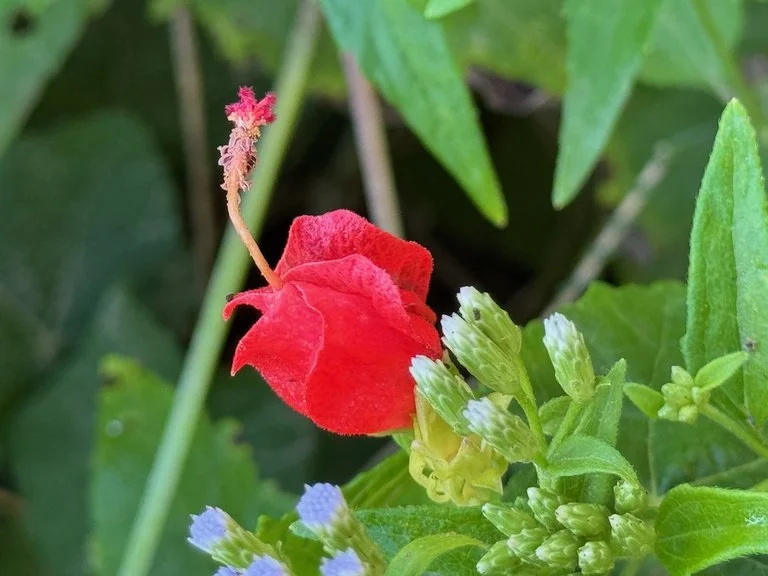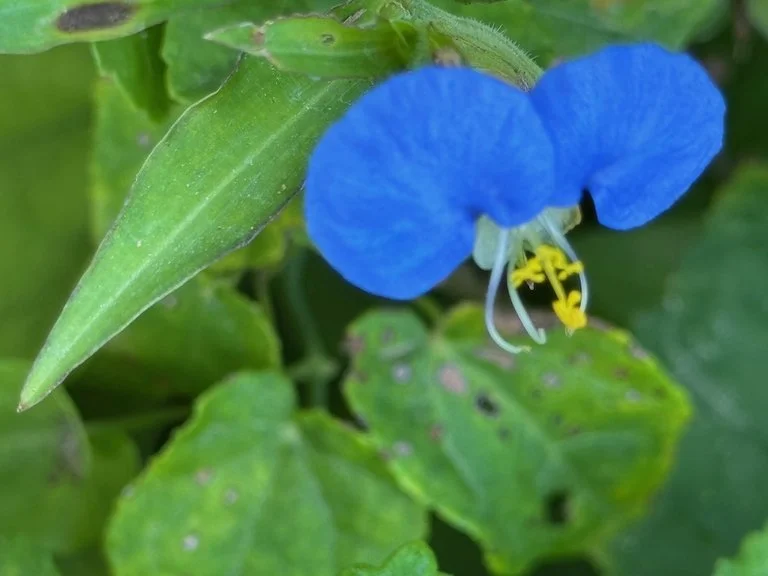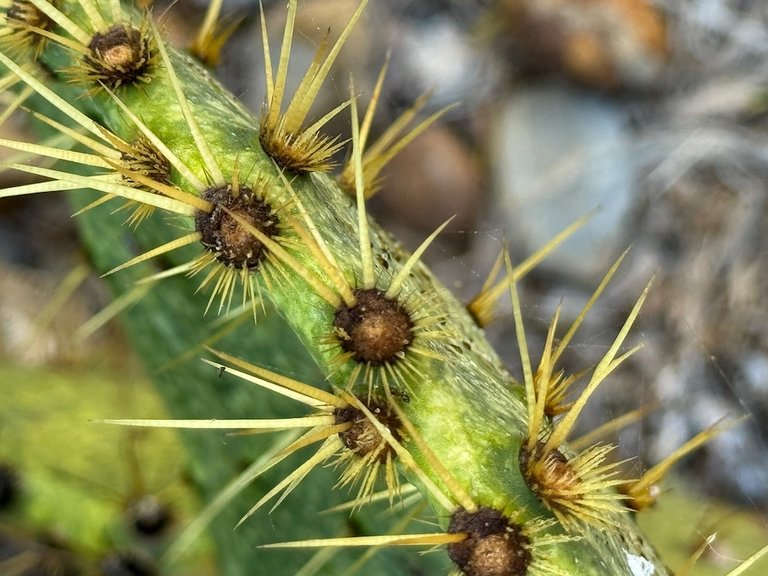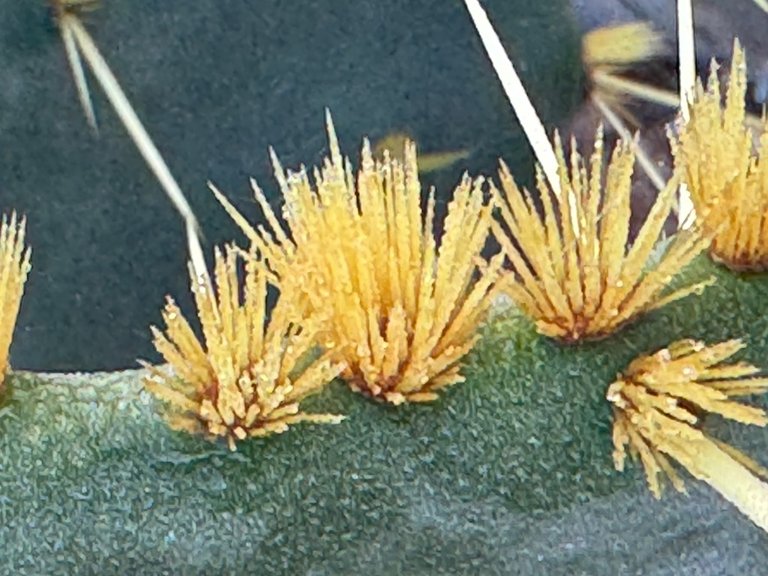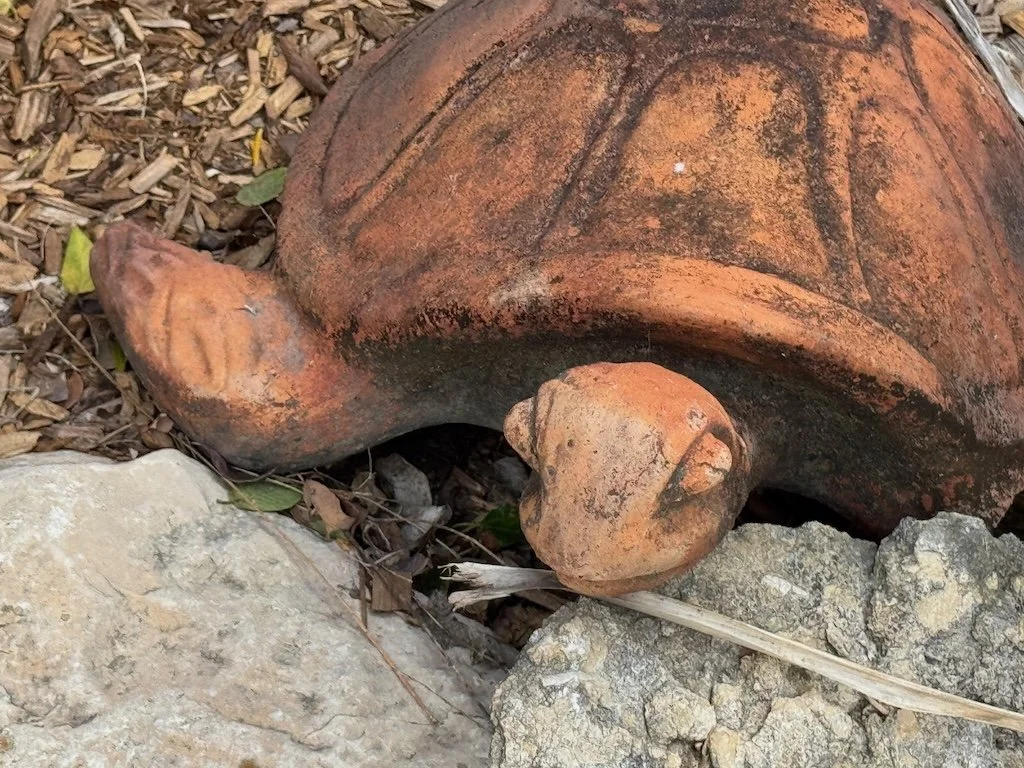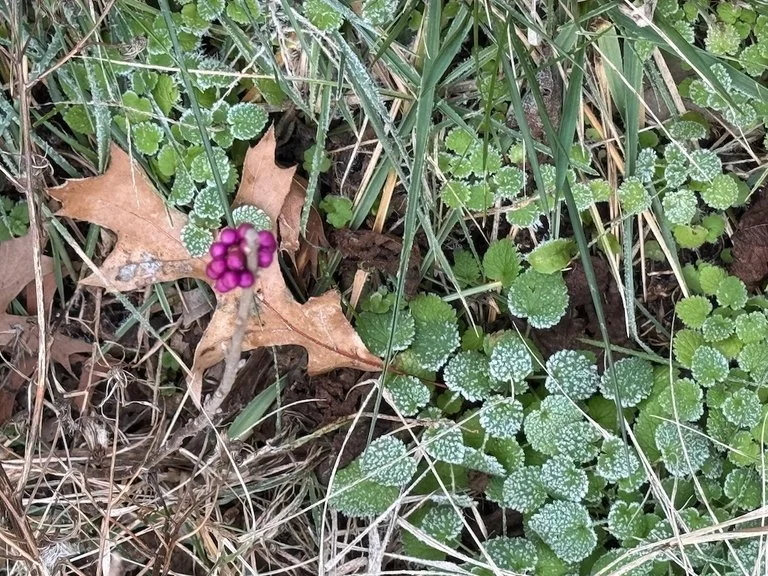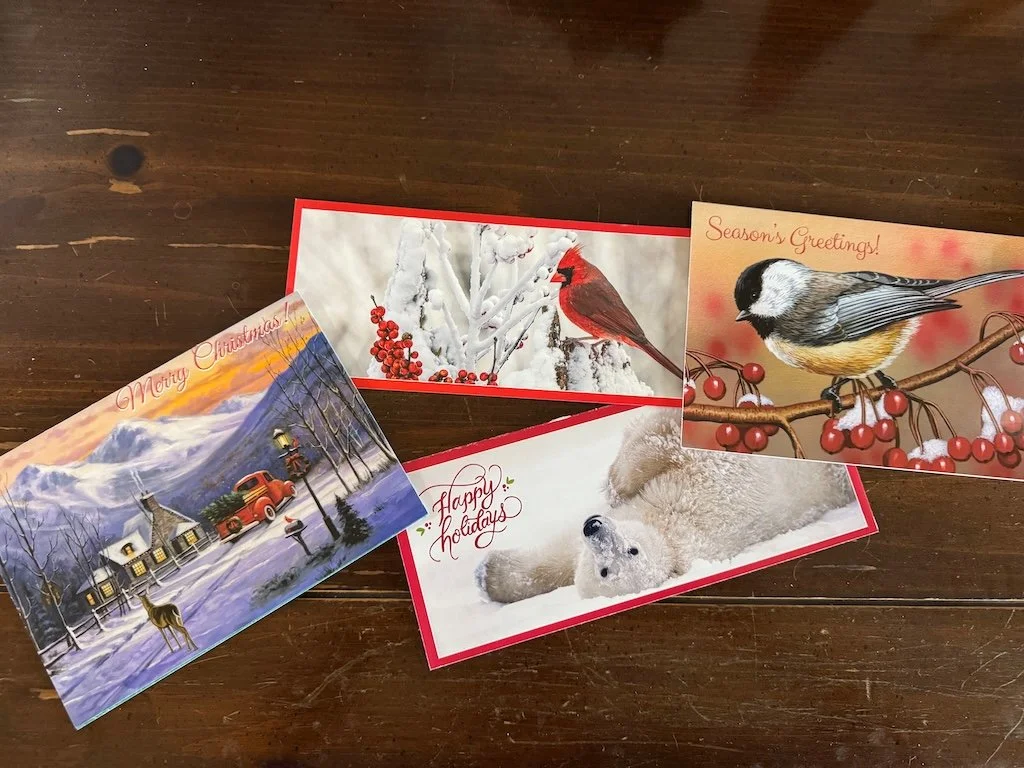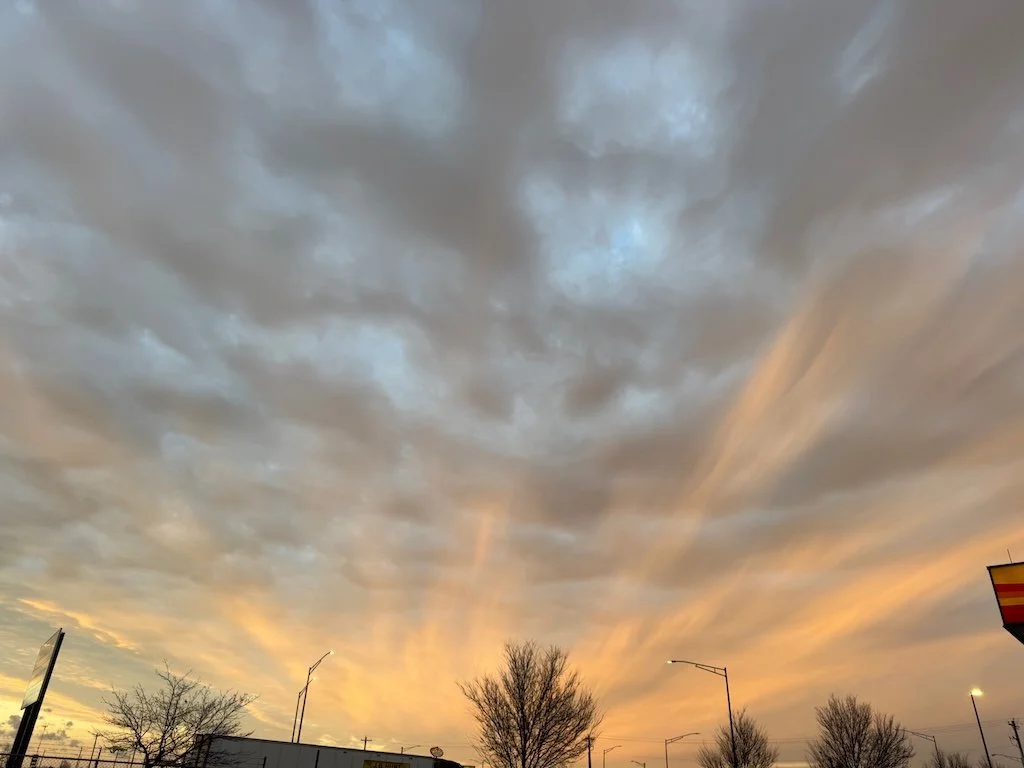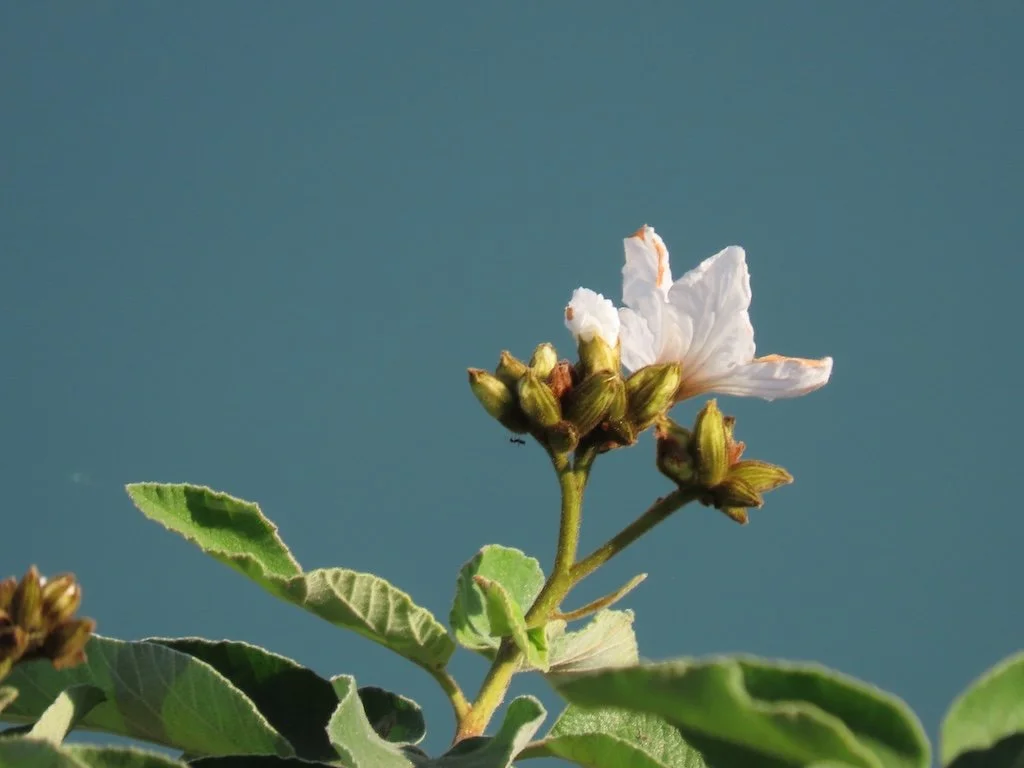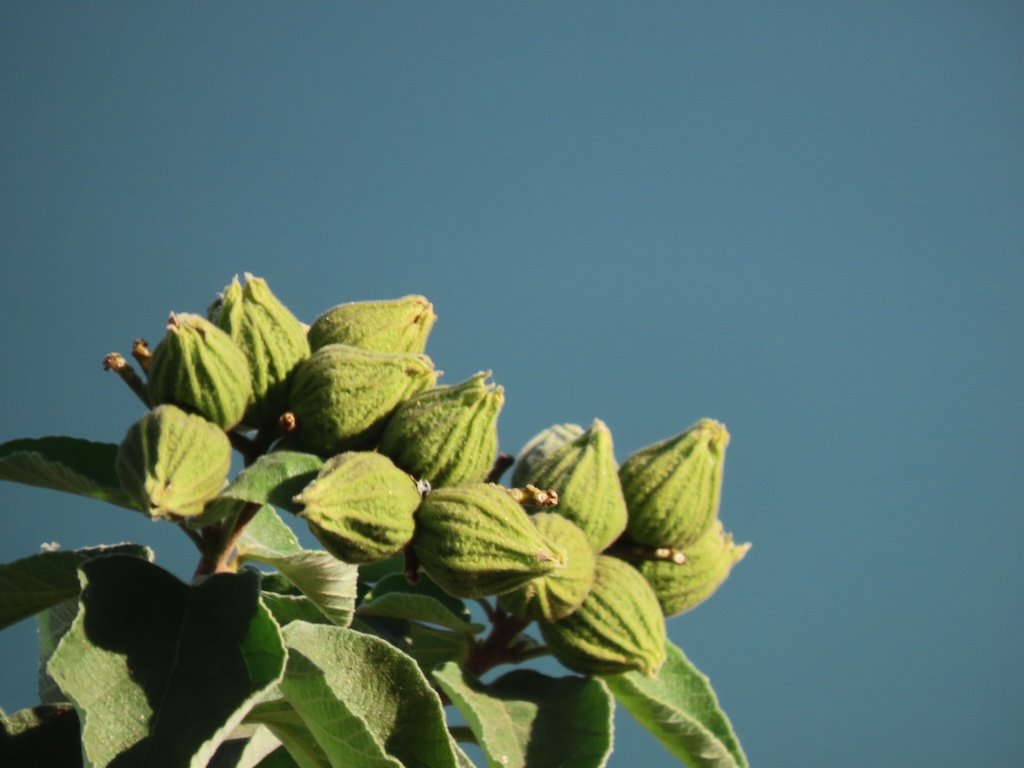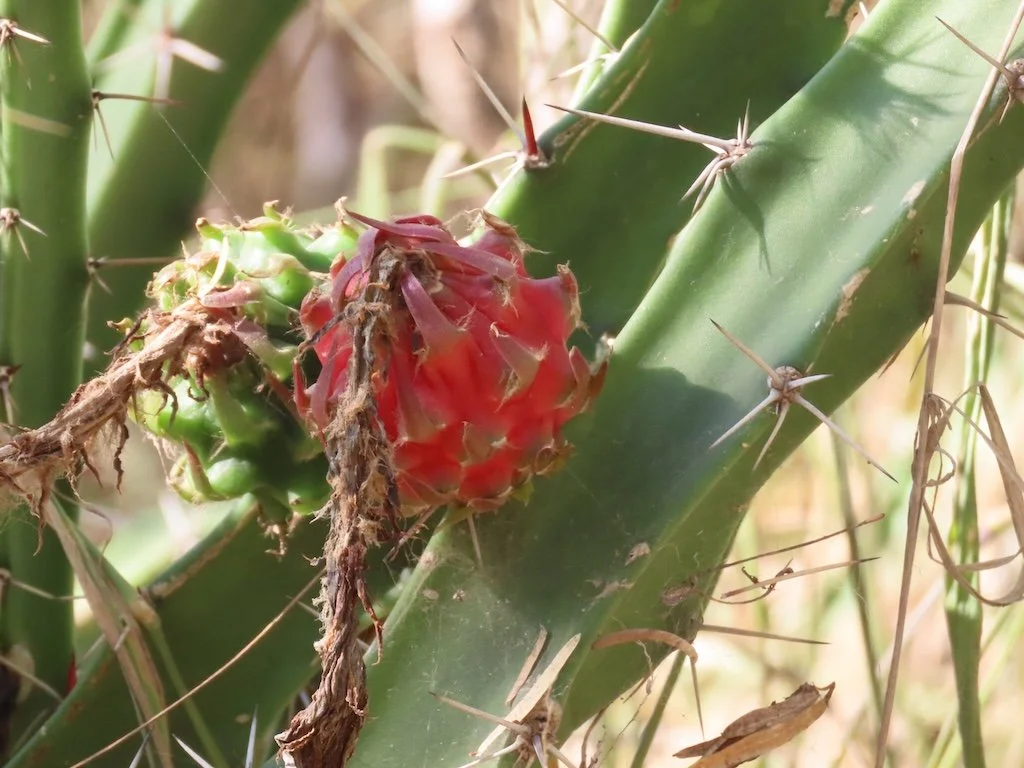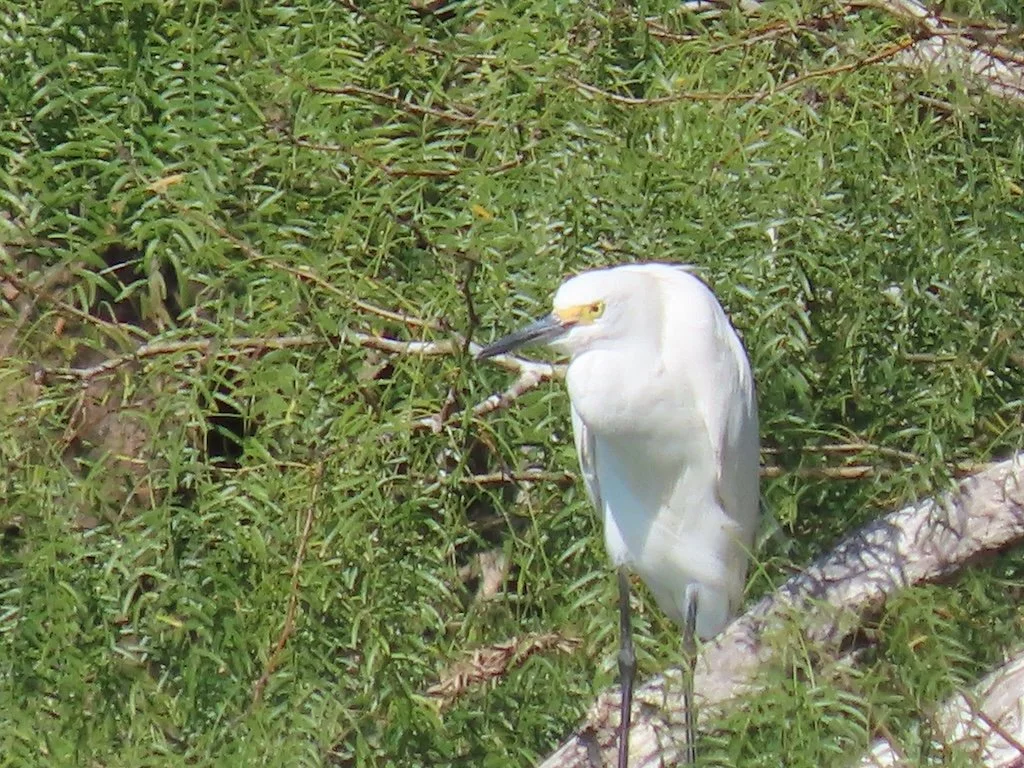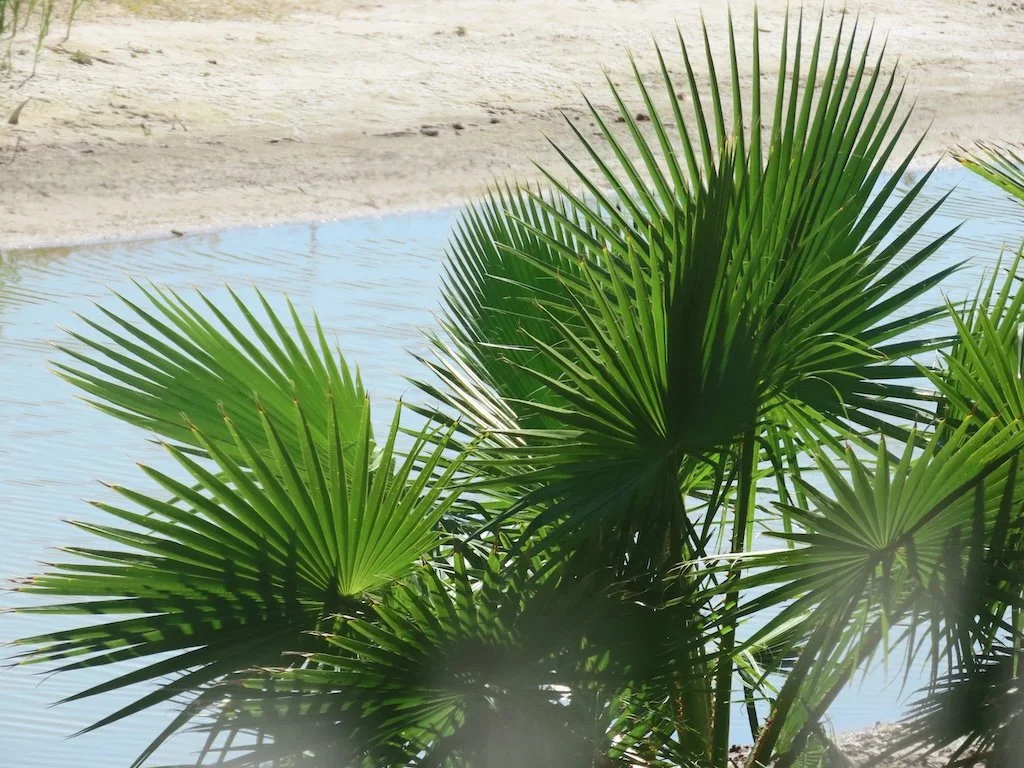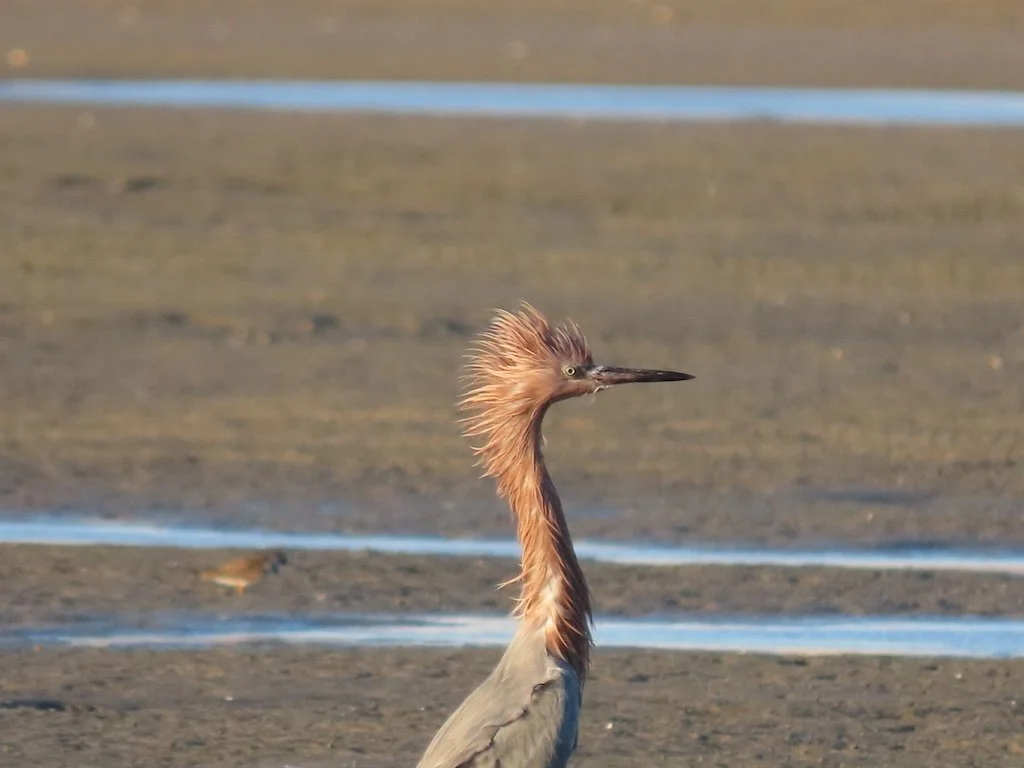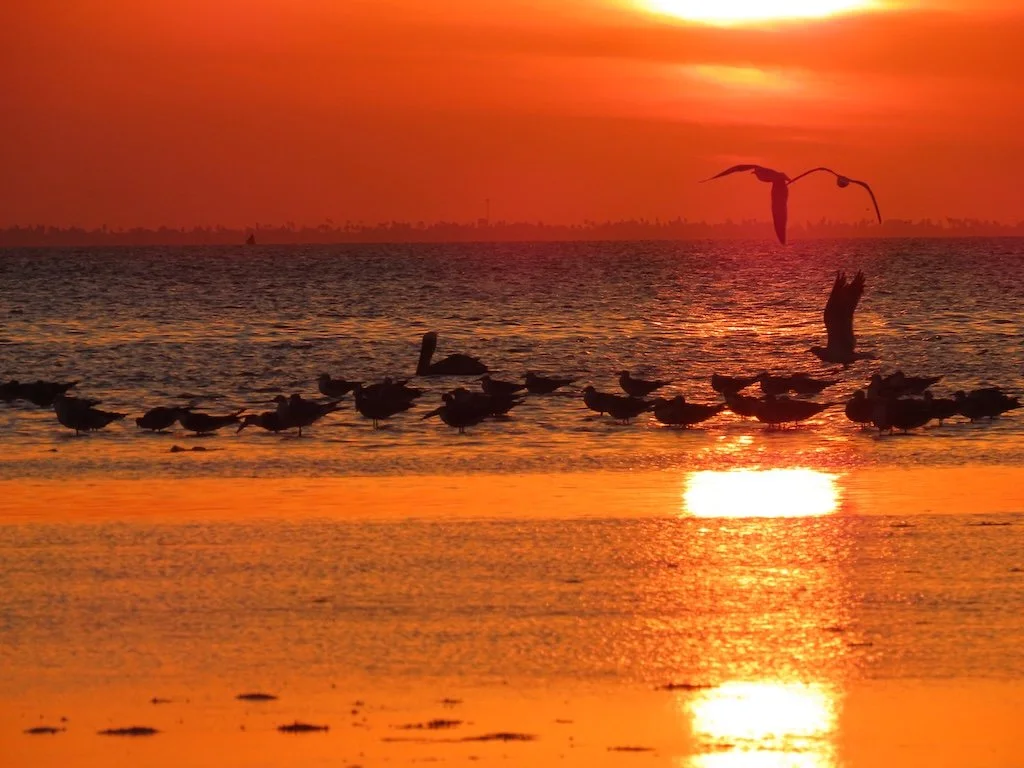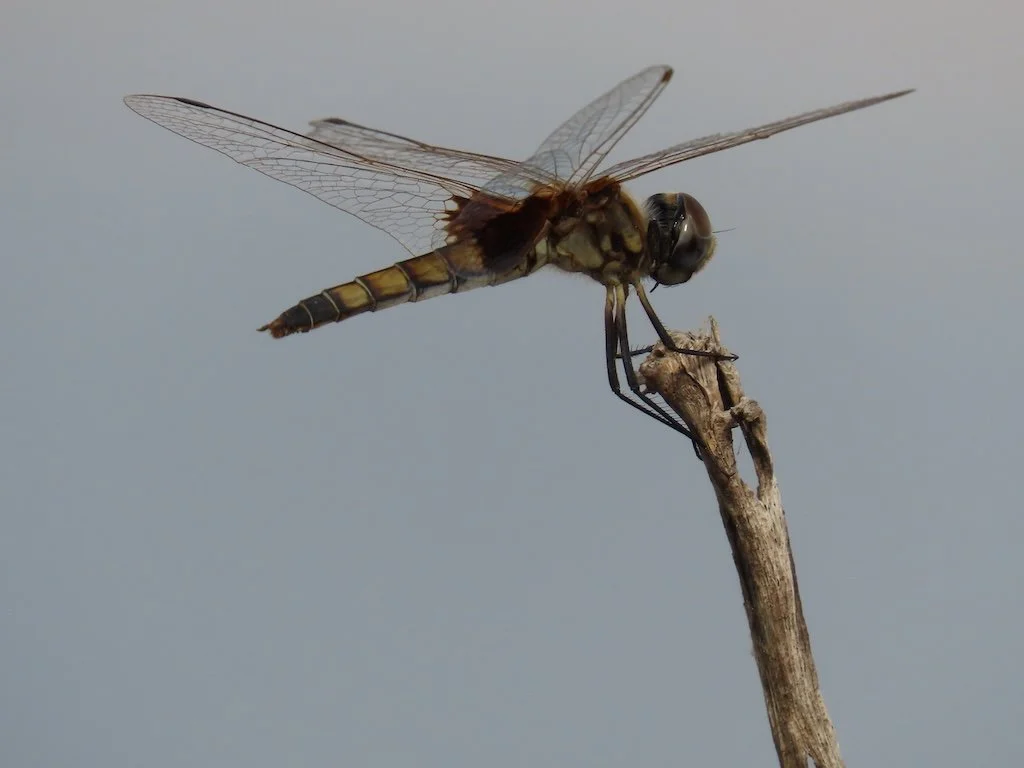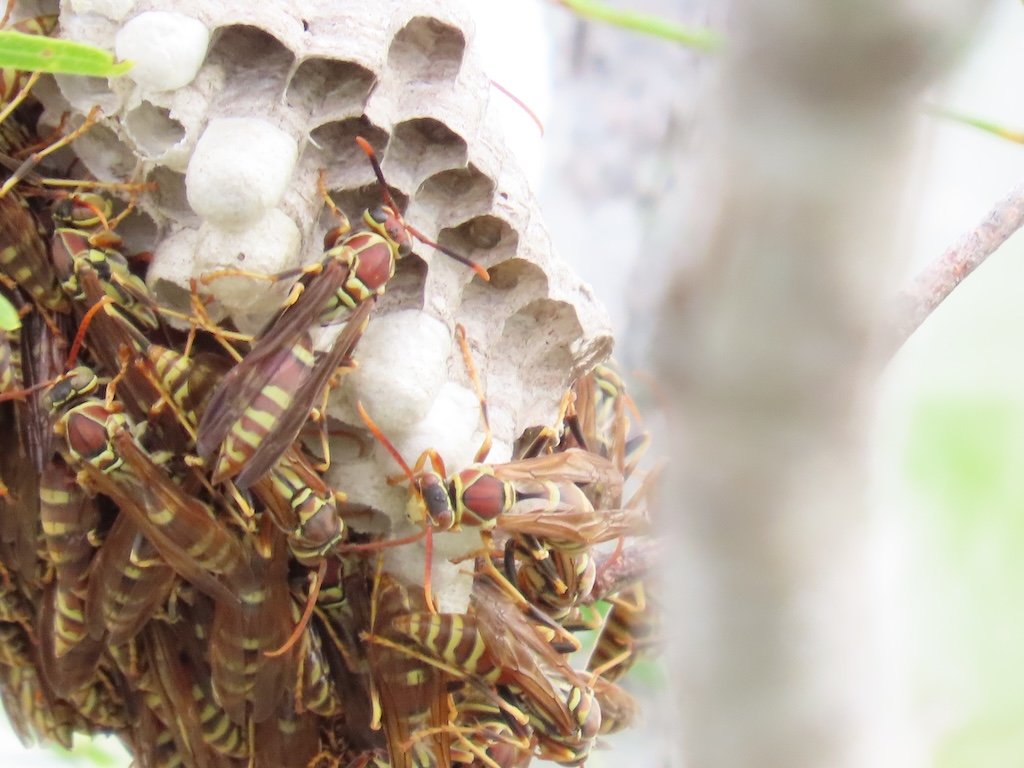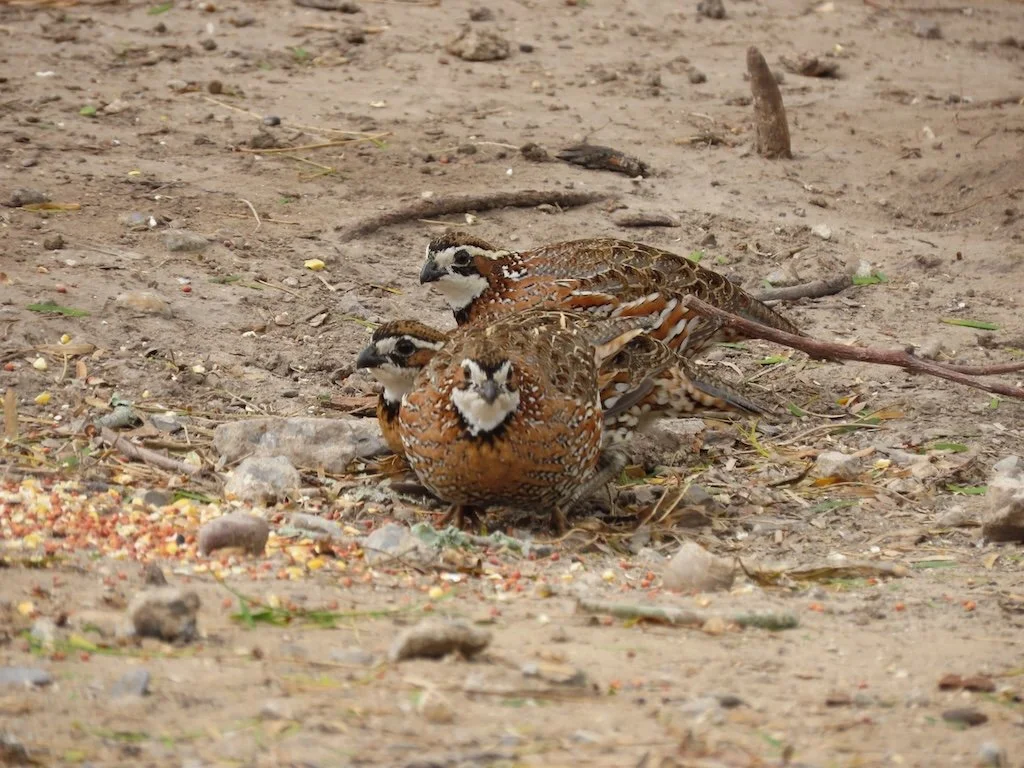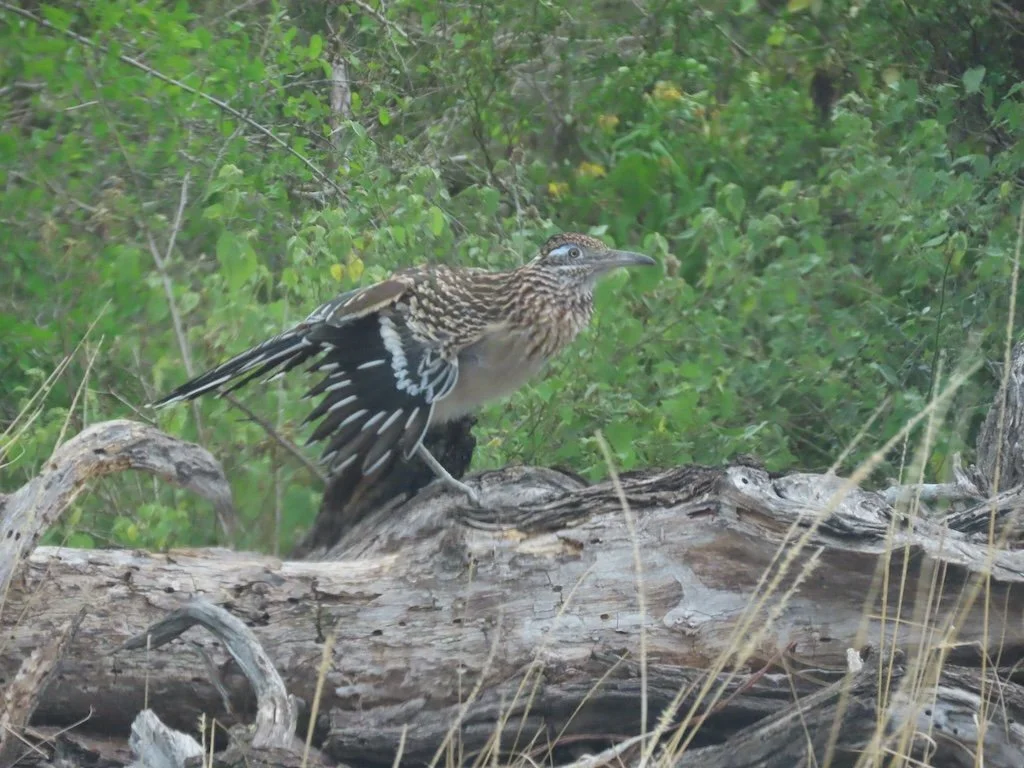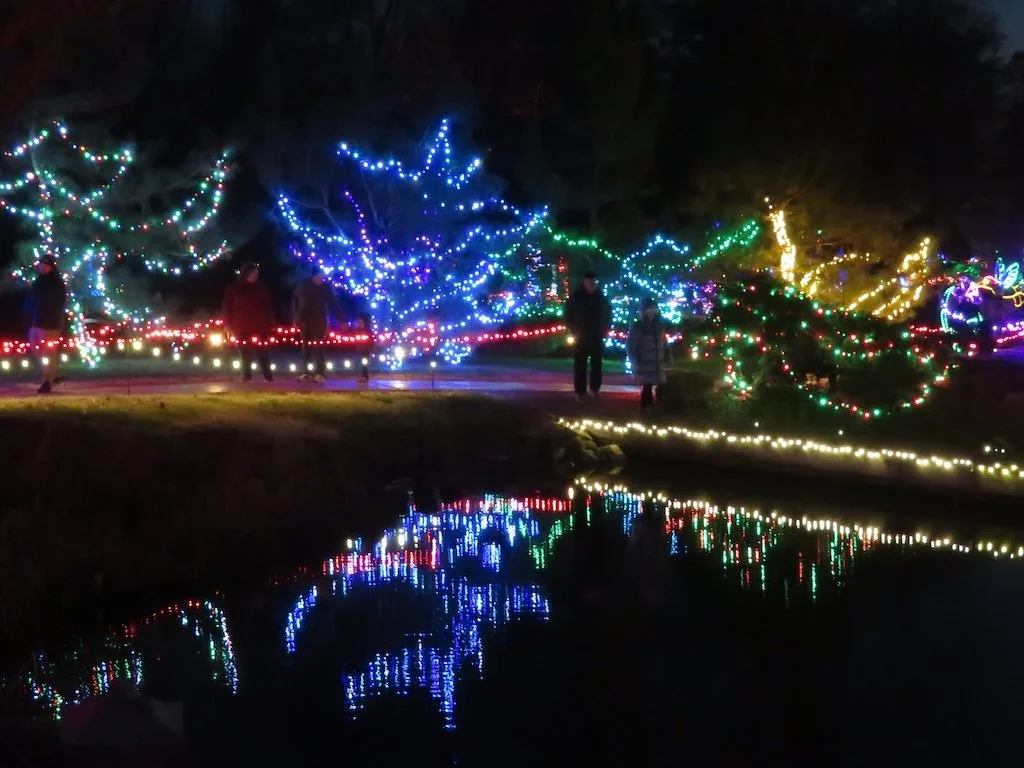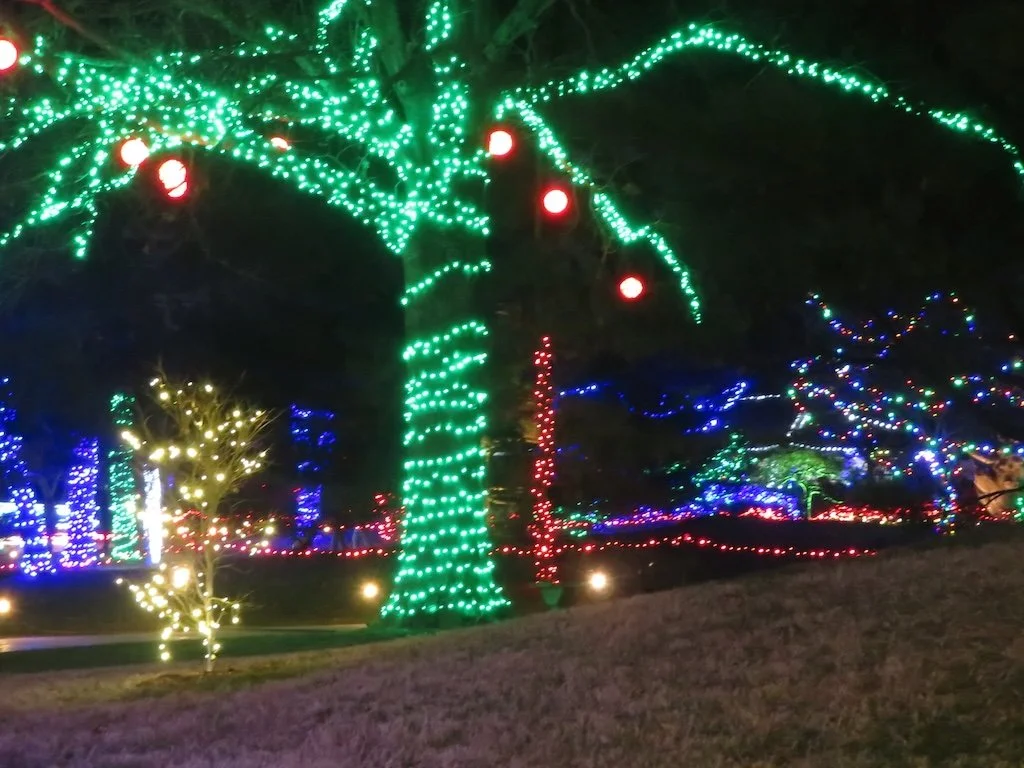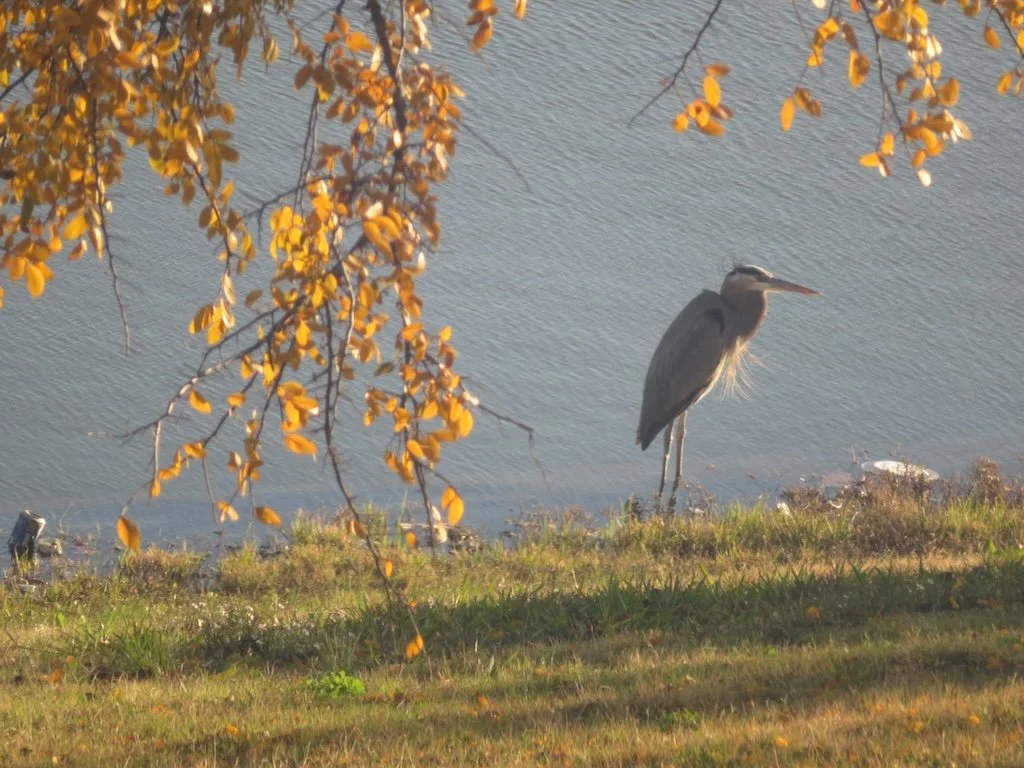Gleanings of the Week Ending January 10, 2026
/The items below were ‘the cream’ of the articles and websites I found this past week. Click on the light green text to look at the article. (Note: I have changed the format to include the date and source of the article.)
11/9/2025 BBC Seated salsa - the miracle movement to help ease back pain – Wow – easy to do and very effective. I might even be able to do it on road trips….increase the likelihood of no back pain when getting out of the car!
12/30/2025 Clean Technica Maryland’s Largest Solar Project Launches, On Old Coal Mine – In Garret County MD – “helping to preserve our region’s natural beauty while creating new economic value for our residents. It’s a win-win for us and the environment.” Goo for them!
12/29/2025 Yale Environment 360 Sea Ice Hits New Low in Hottest Year on Record for the Arctic - The Arctic endured a year of record heat and shrunken sea ice as the world’s northern latitudes continue a rapid shift to becoming rainier and less ice-bound due to the climate crisis. The Arctic is heating up as much as four times as quickly as the global average, due to the burning of fossil fuels, and this extra heat is warping the world’s refrigerator. We can point to the Arctic as a faraway place but the changes there affect the rest of the world.
12/30/2025 Science Daily Why your vitamin D supplements might not be working - Magnesium may be the missing key to keeping vitamin D levels in balance. The study found that magnesium raised vitamin D in people who were deficient while dialing it down in those with overly high levels—suggesting a powerful regulating effect. This could help explain why vitamin D supplements don’t work the same way for everyone and why past studies linking vitamin D to cancer and heart disease have produced mixed results. (I also learned that dark chocolate is a good source of magnesium from this post!)
12/26/2025 National Parks Traveler Visual Guide Reveals Stunning Fossil Discovery at Lake Powell – A visual guide published this year and compiled by paleontology experts within the National Park System offers a fresh look at paleontological resources across the 13 park units in the State of Utah. It is available online here.
12/19/2025 Smithsonian Magazine Flesh-Eating Screwworms Are Creeping Closer to a Comeback in the United States - Roughly 60 years ago, the United States eradicated the New World screwworm, an insect that feeds on living tissue. A concerted effort led by USDA wiped them out by 1966 by releasing sterile male flies and, since female flies only mate once, this strategy helped diminish their numbers until the population collapsed. The agency estimates the eradication of screwworms saves ranchers $900 million per year in lost livestock. But now, the flesh-eating creature appears to be creeping closer to a comeback. Efforts are ramping up to monitor for screwworms and prepare to fight it back again.
12/17/2025 Archaeology Magazine How did the Roman invasion of Britain impact health? - The health of the women and children declined overall during the Roman period, but mainly among those who lived in urban areas. The decline in health in urban areas can be attributed to overcrowding, pollution, limited access to resources, and devastating exposure to lead in Roman infrastructure.
12/17/2926 The Conversation The US already faces a health care workforce shortage – immigration policy could make it worse - America’s health care system is entering an unprecedented period of strain. An aging population, coupled with rising rates of chronic conditions, is driving demand for care to new heights. The workforce isn’t growing fast enough to meet those needs. For decades, immigrant health care workers have filled gaps where U.S.-born workers are limited. Nationally, immigrants make up about 18% of the health care workforce, and they’re even more concentrated in critical roles. Roughly 1 in 4 physicians, 1 in 5 registered nurses and 1 in 3 home health aides are foreign-born.
12/15/2025 Nature Tracing pollution in the lives of Arctic seabirds – Scientists on Svalbard — the largest island of the Norwegian polar archipelago: there used to be sea ice in the fjord in May when we arrived for the start of the season, but we haven’t seen any sea ice since 2009. They are monitoring the presence of polyfluoroalkyl substances (PFASs) in the birds. The years long research has shown that some contaminants transfer to the yolks of the birds’ eggs. High levels of PFASs have been found to lower hatching rates and reduce overall survival rates. In particular, PFASs disrupt hormones and lower fertility rates in male birds.
12/14/2025 The Marginalian A Decalogue for the Dignity of Growing Old: Eva Perón’s Revolutionary Rights of the Elderly – Eva Peron identified 10 rights of elderly people in 1948 to be included in Argentina’s Constitutional Reform the following year; the right to assistance, housing, nourishment, clothing, physical health care, moral health care, recreation, tranquility, and respect.

